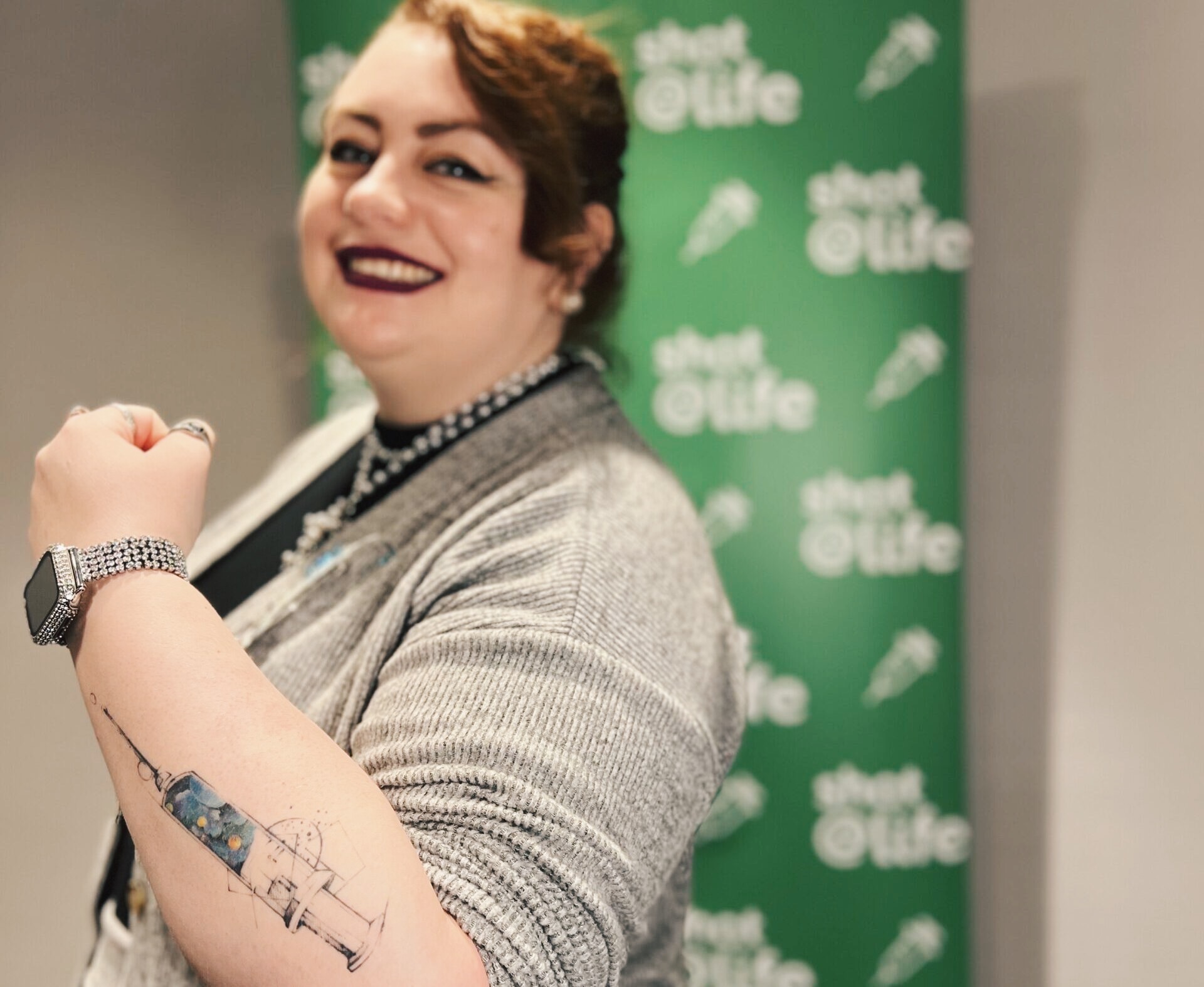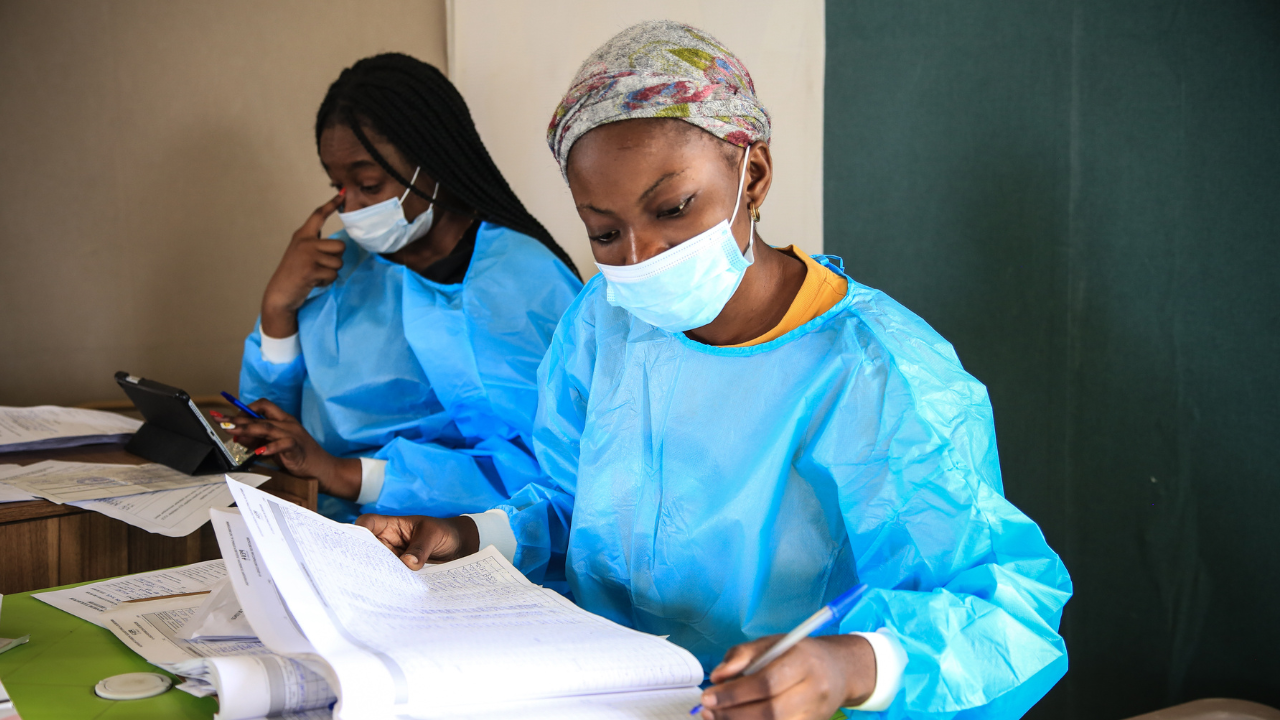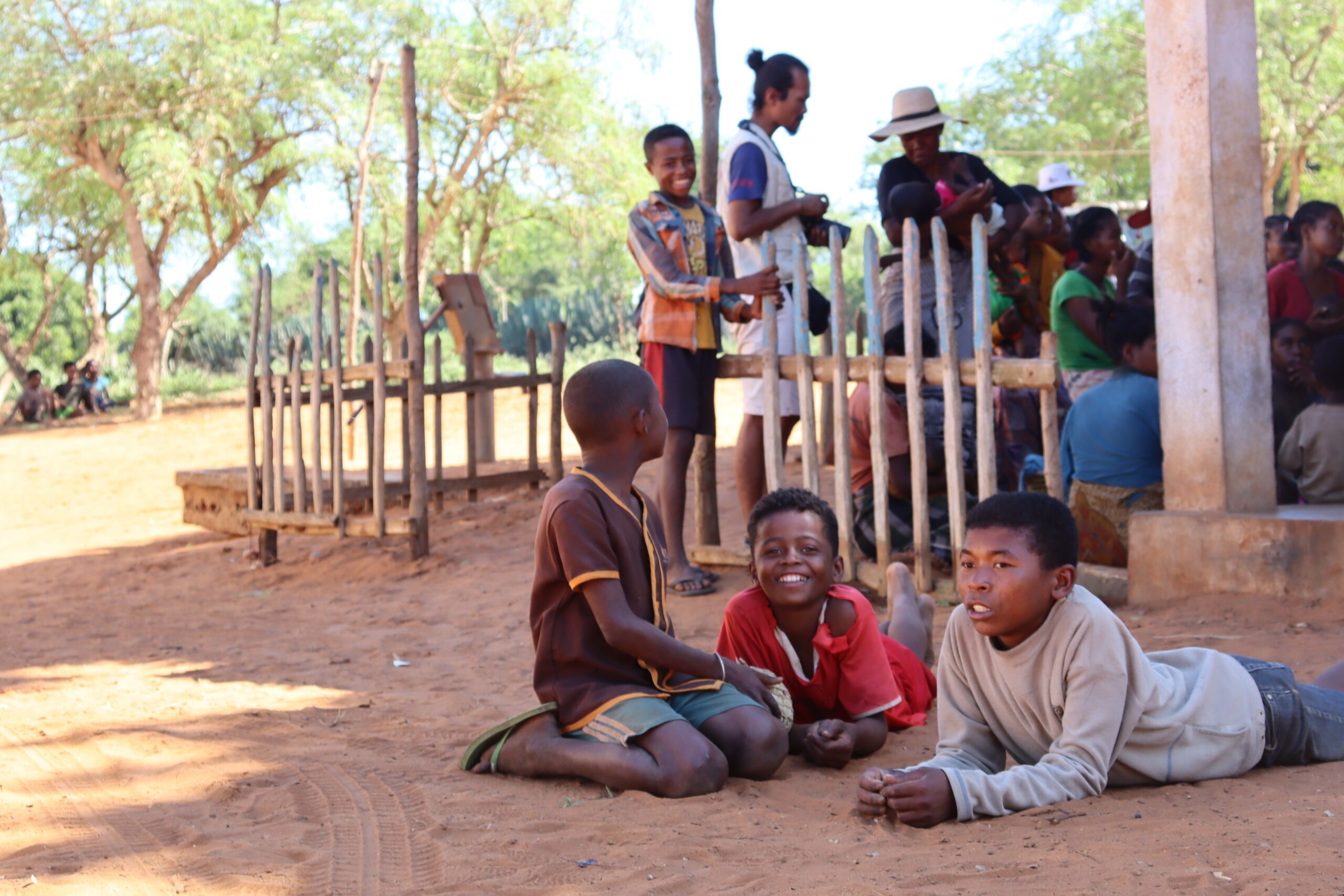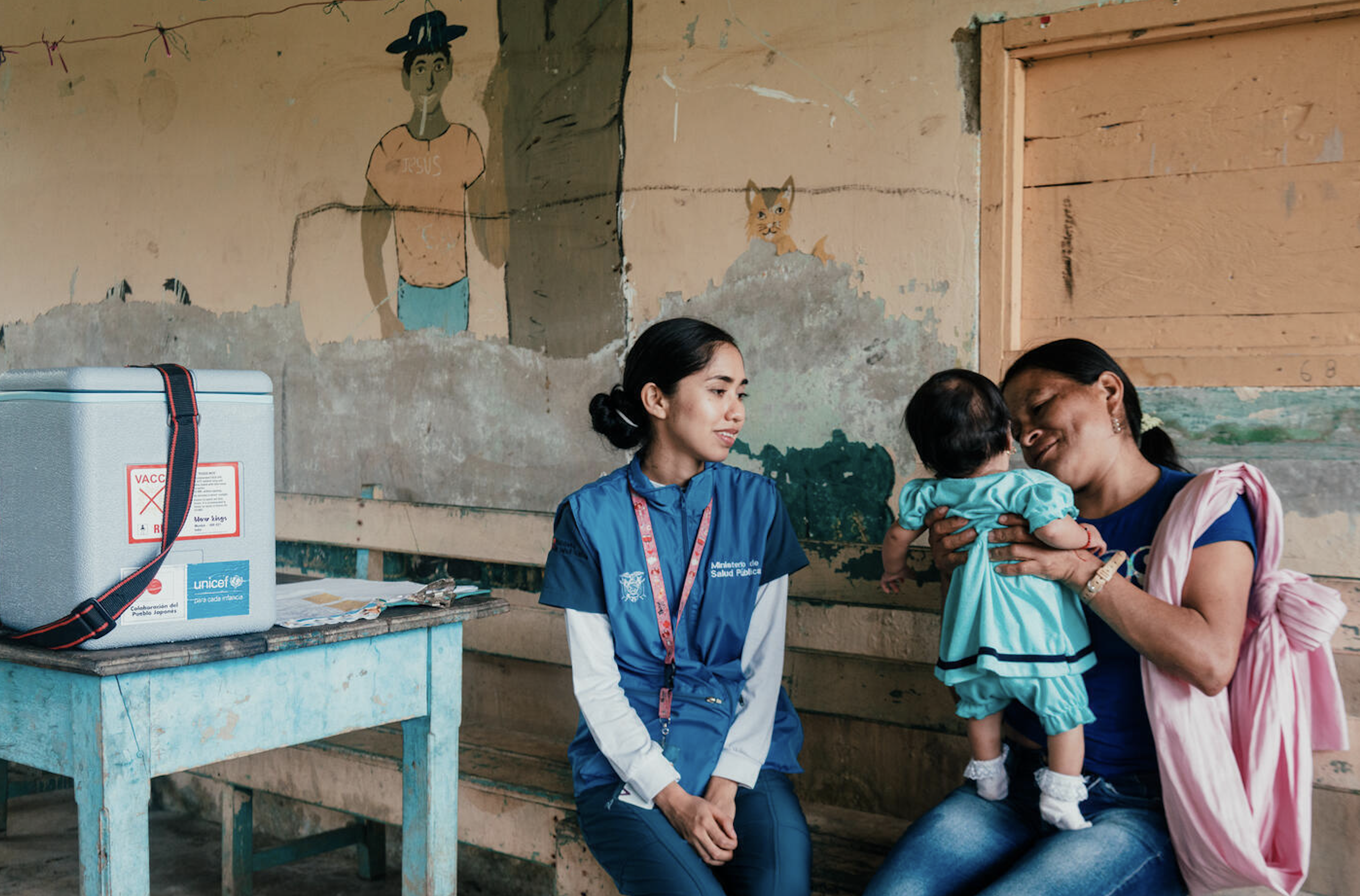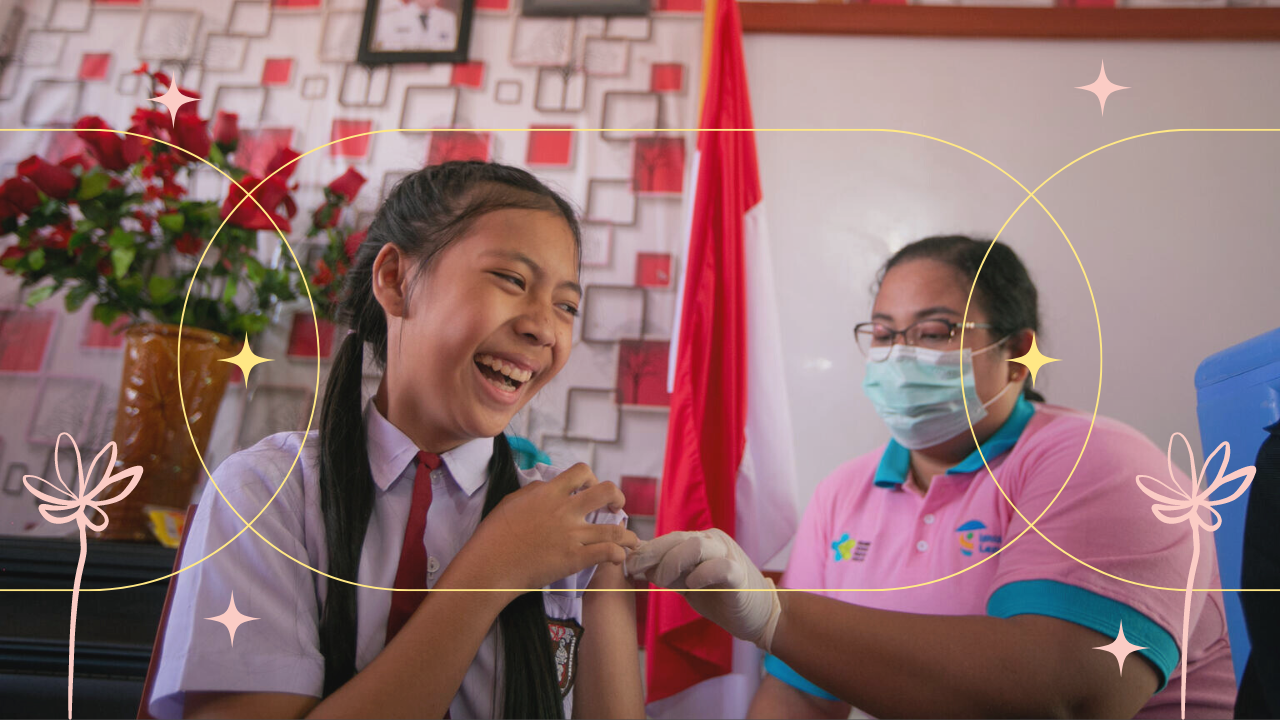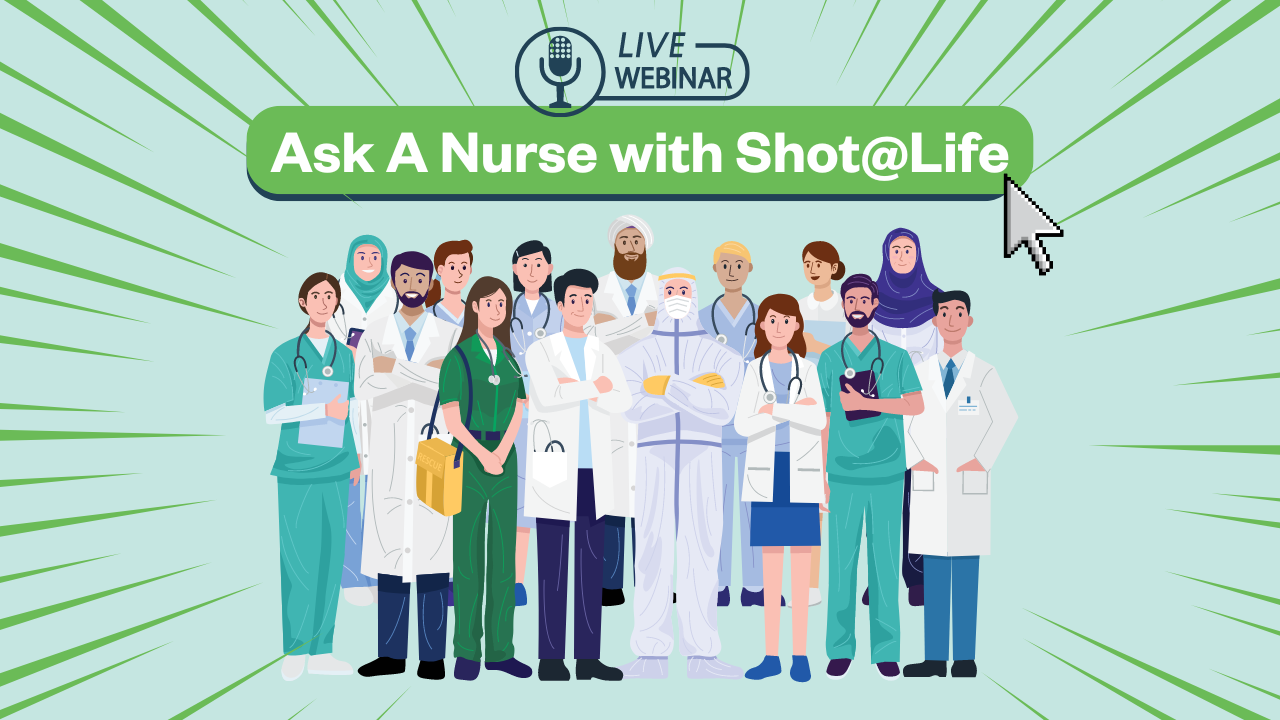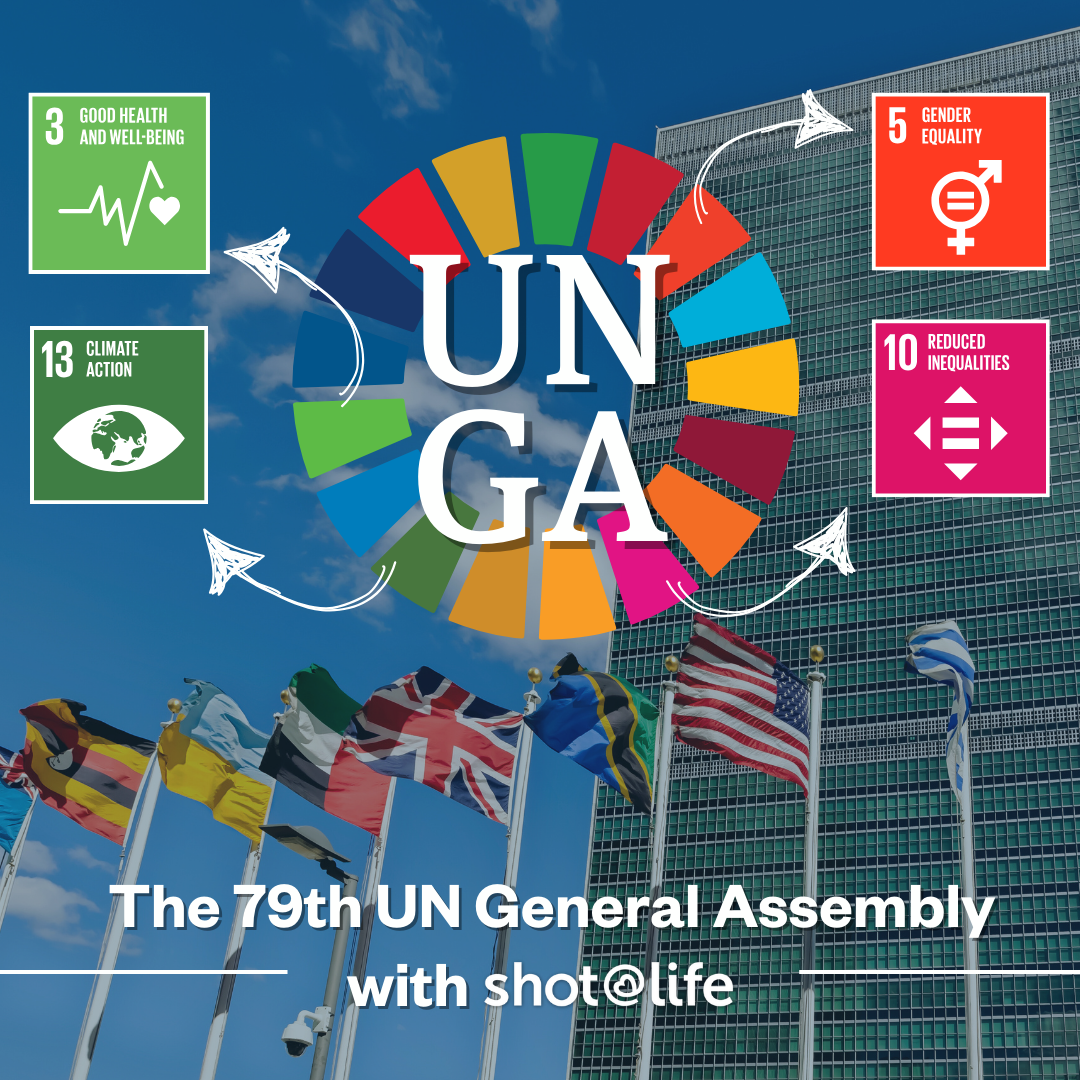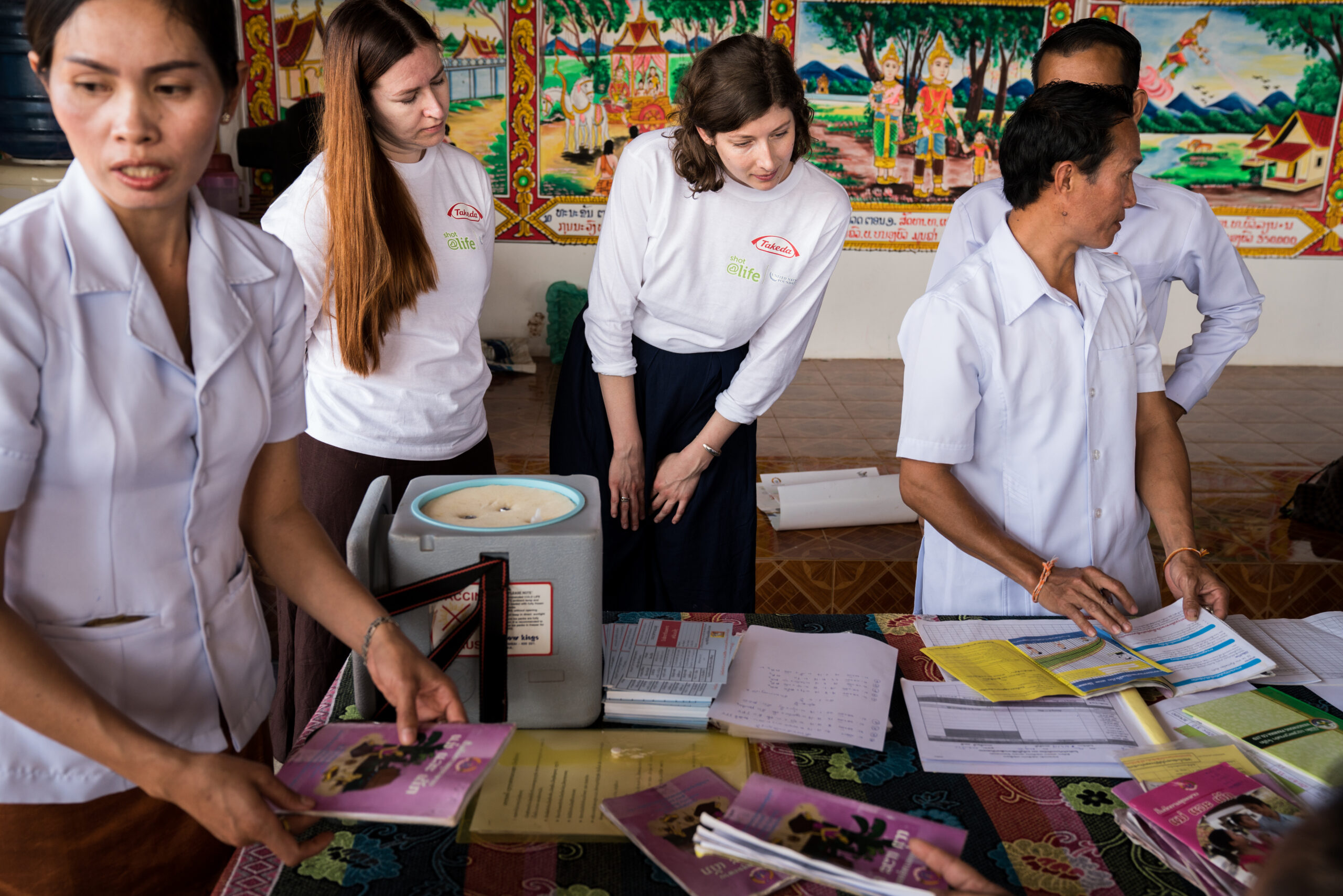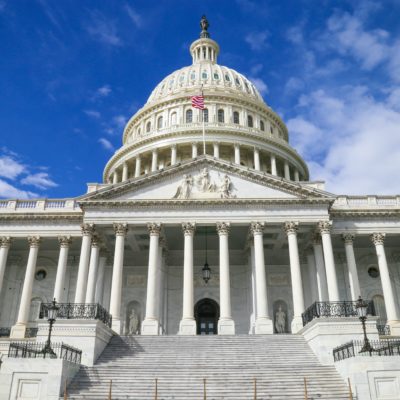
Letter to the editor: Utah politicians must stand up for vaccines
Shot@Life Champion Lori Harding's Letter to the Editor during Mobilize to Immunize.
Stopping the Silent Pandemic
From a High-Level Meeting at this year’s UN General Assembly to this week’s international observance, anti-microbial resistance is increasingly a major focus in global health. Here’s what you need to know.
Today is World Pneumonia Day
Today, on World Pneumonia Day, we take you through some of the basics of pneumonia and why vaccines are among the best tools we have to prevent the most serious cases.
World Polio Day 2024
Today, we celebrate World Polio Day, and recognize the progress made towards eradicating polio—made possible through U.S. innovation and international collaboration.

Your advocacy of childhood immunizations matters
Shot@Life Champion Diane Glasgow's Letter to the Editor during Mobilize to Immunize.
Women and Vaccines: Bridging the Gap for Gender Equity
In honor of International Day of the Girl Child, we delve into an often-overlooked dimension of vaccine equity: reaching and empowering girls and women.
‘Ask A Nurse’ Champion Webinar Recap
Dr. Mary Koslap-Petraco and Melody Butler, two healthcare professionals and vaccine advocates, shared their experience and tips for addressing vaccine hesitancy in Shot@Life's 'Ask A Nurse' Champion Webinar.
Immunization at UNGA79
Global health is again on the agenda at the 79th UN General Assembly. Here’s what you need to know.
Collaboration is Key to Combat Measles
With measles spiking in the U.S. and around the world, it’s more important than ever to work together to expand access to lifesaving vaccines.
Vaccines Against Mosquito-Borne Diseases
In honor of World Mosquito Day, we look at the ways in which vaccines have and continue to revolutionize progress against mosquito-borne diseases like dengue and malaria.
On Getting Vaccinated Against HPV
Shot@Life Champion Priyambda Kumra shares her HPV vaccination story, dispels myths about the vaccine, and calls for expanding access.
Public Health at the Paris Olympics
The 2024 Paris Olympics faces an unexpected challenge: a global uptick in vaccine-preventable diseases that impact athletes, organizers, and spectators alike. But preventative measures are underway to safeguard global health.
Follow us on Instagram
In 2024, 120 million people were displaced—leaving millions of children without lifesaving immunizations.
A new WHO report has confirmed what we already know: immunization coverage collapses in crisis settings. When families flee, routine immunization is one of the first things lost, putting children at risk of preventable diseases in the most vulnerable moments of their lives.
Our #HealthyStart for Refugee Children initiative is working to change that. Get involved today at shotatlife.org/healthystart
Feb 20

The U.S. withdrew from @who. #NYC joined it anyway.
In the face of federal pullback and changing vaccine guidance, New York just plugged directly into the WHO’s global outbreak and response network, alongside California, Illinois, and a growing coalition of states.
Networks like these aren’t symbolic. They’re how local health authorities ensure they get early warnings on emerging pathogens, up-to-date immunization guidance, and access to epidemiologists when outbreaks hit.
Local action can help fill national gaps—because health isn’t political.
Feb 18

We were honored to be joined by @SenJohnCurtis, recipient of our 2026 Congressional Champion Award, at our National Advocacy Summit.
We are grateful for his leadership and commitment to global health. American global health programs save lives around the world and keep Americans safe from dangerous diseases. Thanks to leaders like Senator Curtis, they continue to enjoy bipartisan support in Washington and continue to deliver for our country and the world.
Feb 12

That’s a wrap on the Shot@Life and United to Beat Malaria National Advocacy Summit, and once again, we are blown away by the dedication, inspiration, and passion spread by you, our global health Champions.
Nearly 100 of our top advocates—representing key districts across 38 states—came together to deliver urgent messages to Congress about the importance of global immunization and malaria prevention. In these times of uncertainty and newfound challenges to global health, raising our voices is more important than ever to ensure a safer, healthier world for all.
Stay tuned—our bi-annual advocacy mobilization is fast approaching, and we need YOUR help to keep the momentum! #GlobalHealthforUS #GlobalHealthStartsWithMe
Feb 11

From a powerful keynote address by former U.S. Surgeon General @jeromeadamsmd to some face time with the creator of a vaccine that’s saved millions, day one of the first-ever Shot@Life and United to Beat Malaria National Advocacy Summit was nothing short of inspiring!
Champions got a peek behind the curtain at the current global health landscape—from innovations to renewed collaboration—and bolstered today’s advocacy with stories from experts in the field.
Here’s to #HealthforAll! 💚🧡
Feb 10

The time has come! Tune in next week as we welcome Champions for our first-ever joint National Advocacy Summit with @unitedtobeatmalaria. For those following along from home, stay tuned for other ways to get involved.
To those joining us in D.C., we can’t wait to see you! Your advocacy is more important now than ever before. #GlobalHealthforUS
Feb 6

In today’s global health environment, fostering relationships and telling YOUR story is more powerful than ever.
Hear from @rameshferris, polio survivor and advocate, about the importance of connection. After all, teamwork makes the dream work!
Feb 5

In 2025, only 39 cases of naturally occurring wild poliovirus were recorded, down from 350,000 annually in the 1980s, thanks to vaccines and global cooperation.
But polio eradication presents a catch-22: the live oral vaccine that’s been so effective can rarely mutate and cause vaccine-derived polio in under-vaccinated areas. High vaccination rates everywhere are critical to preventing this phenomenon, and bringing a decades-long global eradication campaign to the finish line. #endpolio
Feb 4

Cervical cancer is preventable—and the HPV vaccine is why.
As #CervicalCancer Awareness Month comes to a close, the message is simple: we have the tools to end cervical cancer in this lifetime.
Learn more about the HPV vaccine with a familiar face, College Ambassador @wxjiha.
Jan 30

Investing in organizations like @gavialliance isn’t just the right thing to do, it’s the necessary thing to do.
As we ramp up to our National Advocacy Summit with @unitedtobeatmalaria, hear from Chloe Cooney, Director of U.S. Strategy for Gavi, to learn why.
Jan 29

According to a new @thelancetgroup study: during COVID-19, as real world evidence on vaccine safety and effectiveness grew, vaccine hesitancy dropped sharply.
65% of initially hesitant individuals ultimately chose vaccination.
Vaccine confidence isn’t build overnight—but new studies show it CAN be built. Trust grows when clear public health communications are made accessible.
Jan 28

Entering 2026, the cholera crisis continues: 600K cases across 31 countries were reported last year alone.
Current vaccines help, but stockpiles are falling short, two doses are needed, and they’re not 100% effective in children under 5—our world’s most vulnerable.
Here’s the hope though: a novel single-dose vaccine has shown promising results in phase 1 trials. Unlike existing vaccines, all recipients in the trial developed antibodies that could kill the cholera bacterium entirely, suggesting stronger protection.
While we wait for further trials, remember: vaccines are just one tool. The real cure isn’t in a vial, but in access to safe water and sanitation. 💧
Jan 23

Become a Shot@Life Champion
Are you ready to increase your commitment to fight for global vaccine equity? Sign up for an advocacy training and become a Shot@Life Champion!
Join Us